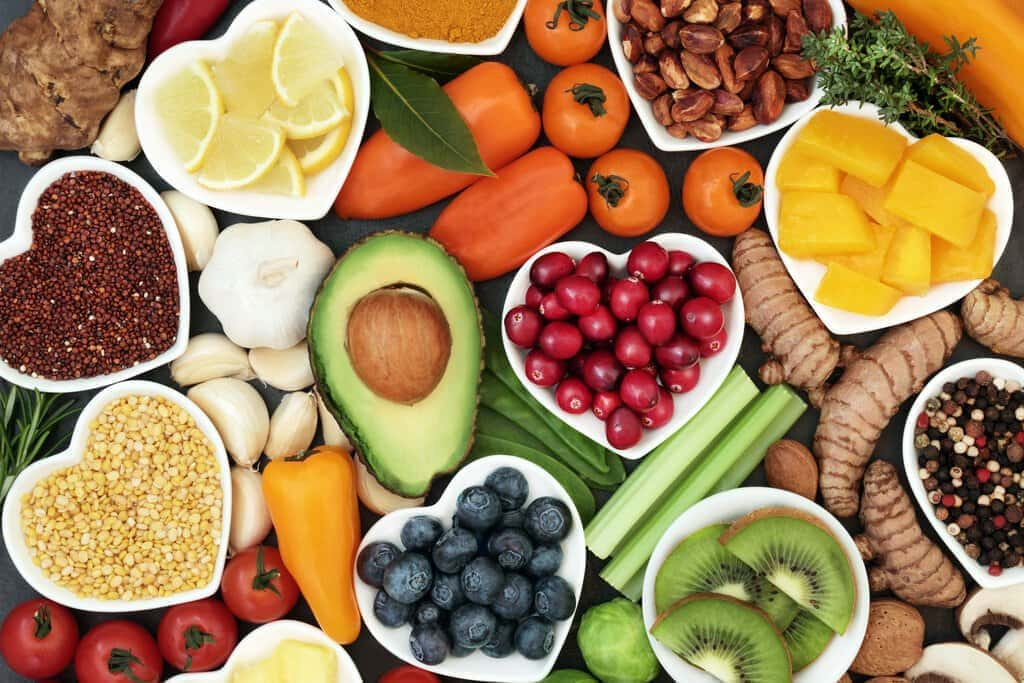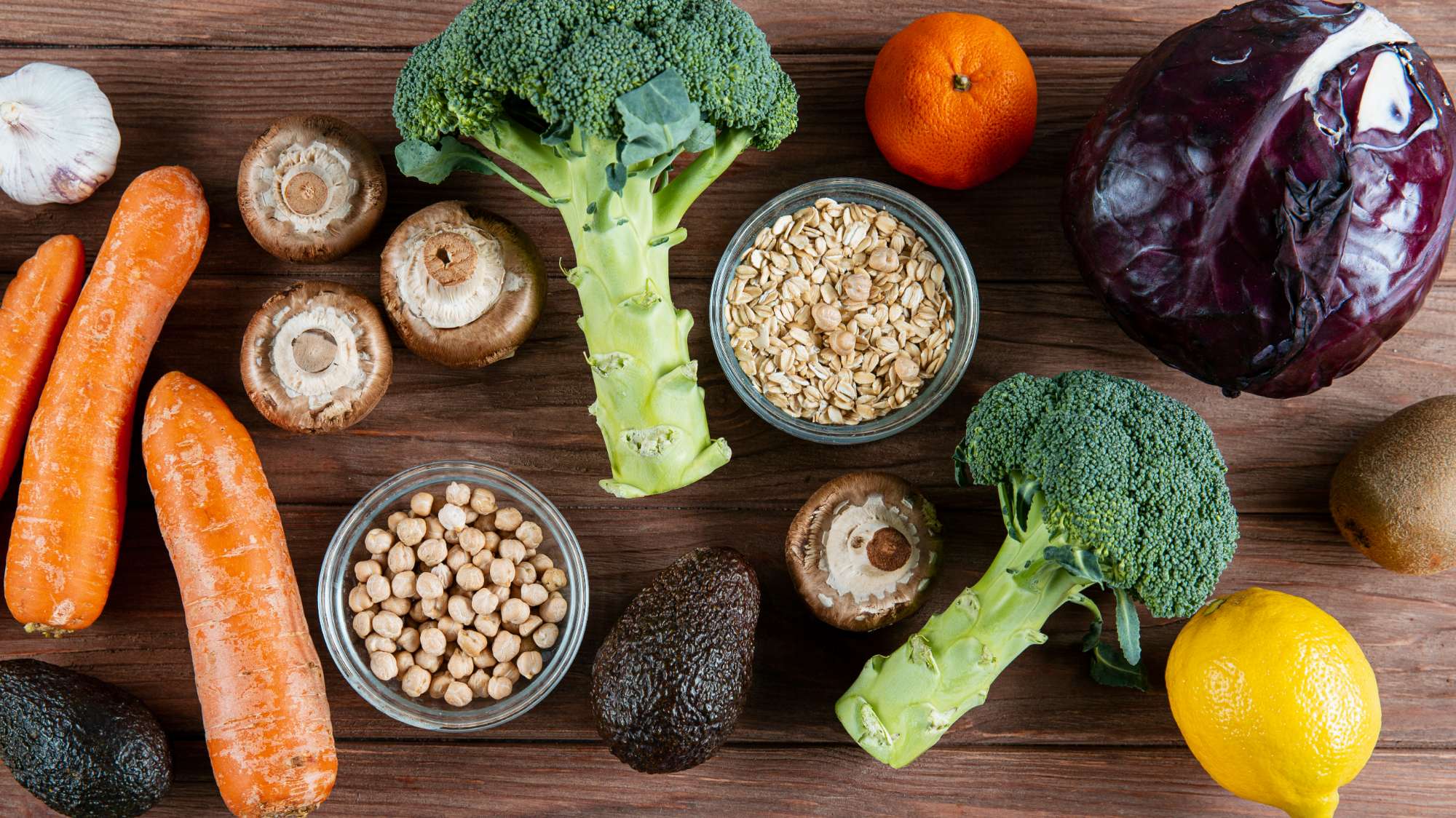Use vitamins properly to protect the best health
Use vitamins properly to protect the best health
The best way to get enough nutrients from your diet is to eat a varied, balanced diet that's high in fruits and vegetables as the main source of vitamins.
Vitamins and their precise requirements have been controversial since their discovery in the late 1800s and early 1900s. It was the combined efforts of epidemiologists, physicians, chemists, and physiologists that led to our modern day understanding of vitamins and minerals. After years of observation, experiments, and trial and error, they were able to distinguish that some diseases were not caused by infections or toxins—a common belief at the time—but by vitamin deficiencies. [2] Chemists worked to identify a vitamin’s chemical structure so it could be replicated. Soon after, researchers determined specific amounts of vitamins needed to avoid diseases of deficiency.
In 1912, biochemist Casimir Funk was the first to coin the term “vitamin” in a research publication that was accepted by the medical community, derived from “vita” meaning life, and “amine” referring to a nitrogenous substance essential for life. [3] Funk is considered the father of vitamin therapy, as he identified nutritional components that were missing in diseases of deficiency like scurvy (too little vitamin C), beri-beri (too little vitamin B1), pellagra (too little vitamin B3), and rickets (too little vitamin D). The discovery of all vitamins occurred by 1948.
Vitamins were obtained only from food until the 1930s when commercially made supplements of certain vitamins became available. The U.S government also began fortifying foods with specific nutrients to prevent deficiencies common at the time, such as adding iodine to salt to prevent goiter, and adding folic acid to grain products to reduce birth defects during pregnancy. In the 1950s, most vitamins and multivitamins were available for sale to the general public to prevent deficiencies, some receiving a good amount of marketing in popular magazines such as promoting cod liver oil containing vitamin D as bottled sunshine.

Vitamins synthesized in the laboratory are the same molecules as those extracted from food, and they cannot be distinguished by the body. However, various forms of a vitamin are not necessarily equivalent. In the particular case of vitamin E, supplements labeled d-α-tocopherol (or “natural”) generally contain more vitamin E activity than those labeled dl-α-tocopherol. Vitamins in food have a distinct advantage over vitamins in supplement form because they come associated with other substances that may be beneficial, and there is also less potential for toxicity. Nutritional supplements cannot substitute for a healthful diet.

Vitamin supplements
Many people in the United States take multivitamins and other supplements, though these may not be necessary or helpful, according to research Trusted Source.
A diet that includes plenty of fruits, vegetables, whole grains, good protein packages, and healthful fats should provide most of the nutrients needed for good health. But not everyone manages to eat a healthful diet. Multivitamins can play an important role when nutritional requirements are not met through diet alone.
Anyone taking supplements should be careful not to exceed the maximum dose, as research Trusted Source shows that taking too much of any vitamin can lead to health problems. Also, some medications can interact with vitamin supplements. Overall, it is important to speak with a healthcare provider before trying any supplement.

Compiled and penned by Crocus Media

.jpg)
